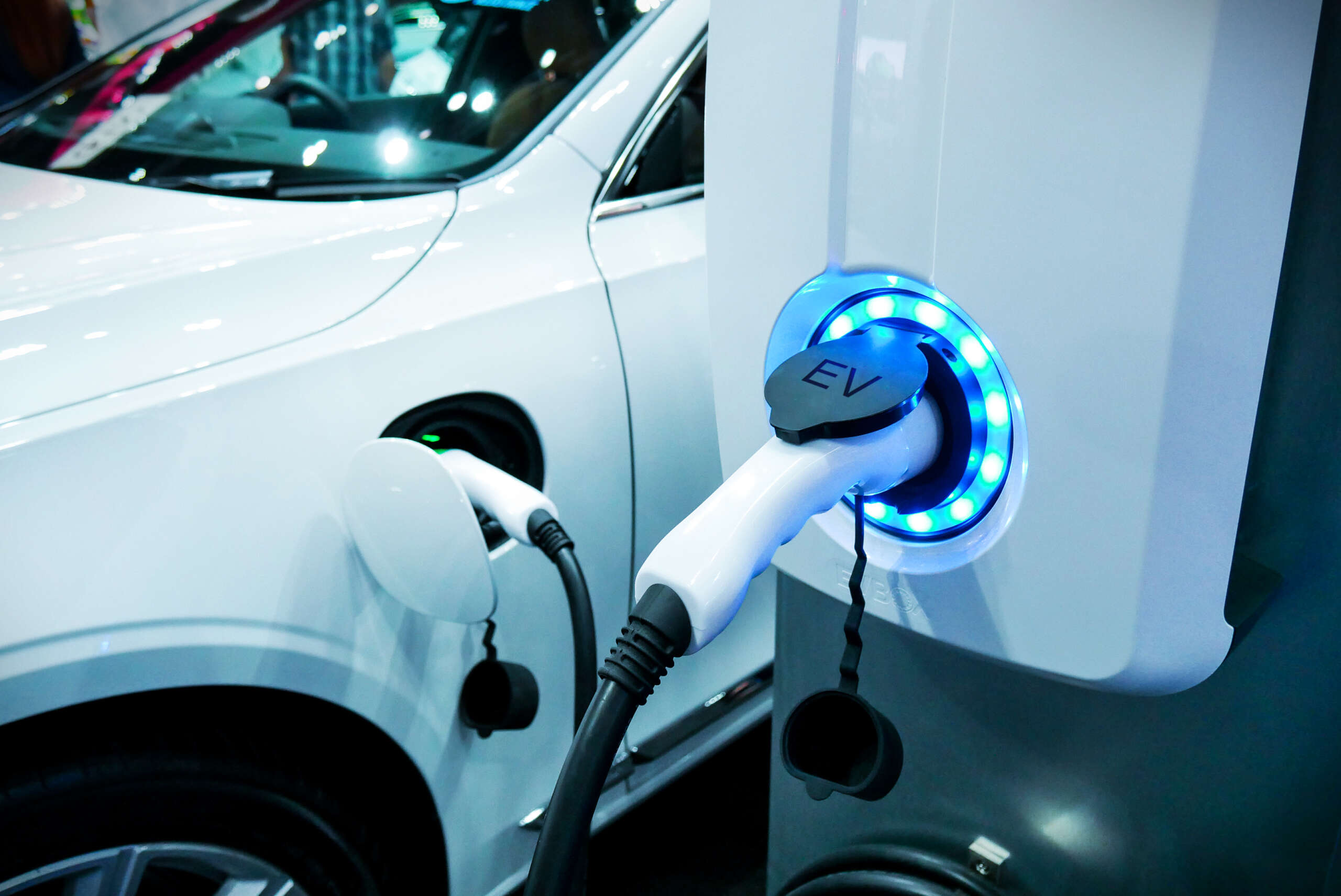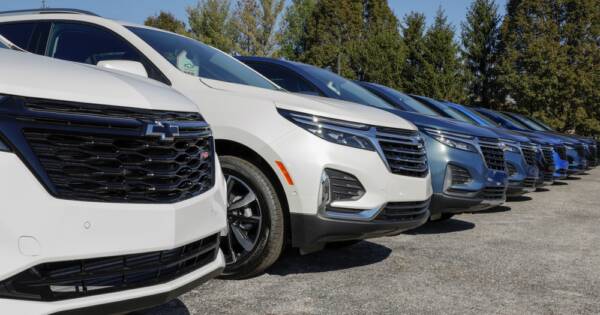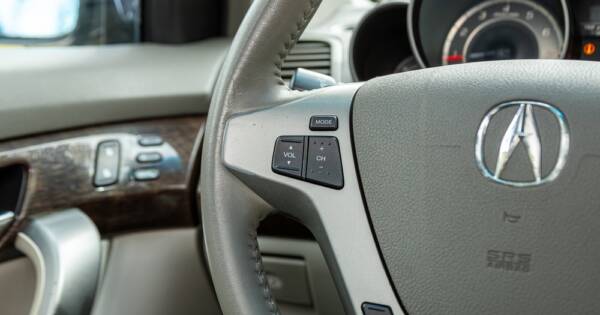- Electric vehicles can benefit both the environment and your wallet.
- Over the long term, the running costs of an EV are lower than their gasoline counterparts.
- Tax credits may help offset the cost of purchasing an EV, so check if the vehicle(s) you’re interested in qualifies.
Over the last few years, people have become increasingly aware of how much pollution gasoline and diesel vehicles produce. Electric vehicles are generally cleaner and more efficient, and this has contributed to a meteoric rise in their popularity. Between 2018 and 2020, 315,000 EVs were sold annually in the United States. The environmental benefits of electric vehicles are clear, but did you know they can be better for your wallet too? The up-front cost of these vehicles may be higher, but over their lifespan, they can save the average motorist a lot of money in terms of maintenance and daily running costs too.
Electric Vehicles Are Becoming More Mainstream
While the idea of electric vehicles has been around for a long time, they weren’t practical until recently. After all, who wants to drive a car that may “run out of battery”, leaving them stranded away from home? Fortunately, as sales of electric vehicles and battery capacities have increased, so too has the availability of charging points.
There are now 46,562 stations offering electric vehicle charging points in the United States alone. This means electric cars are a viable option for all but the most adventurous of road warriors. If you’re primarily driving in big cities, you’re never far from a place to recharge your car.
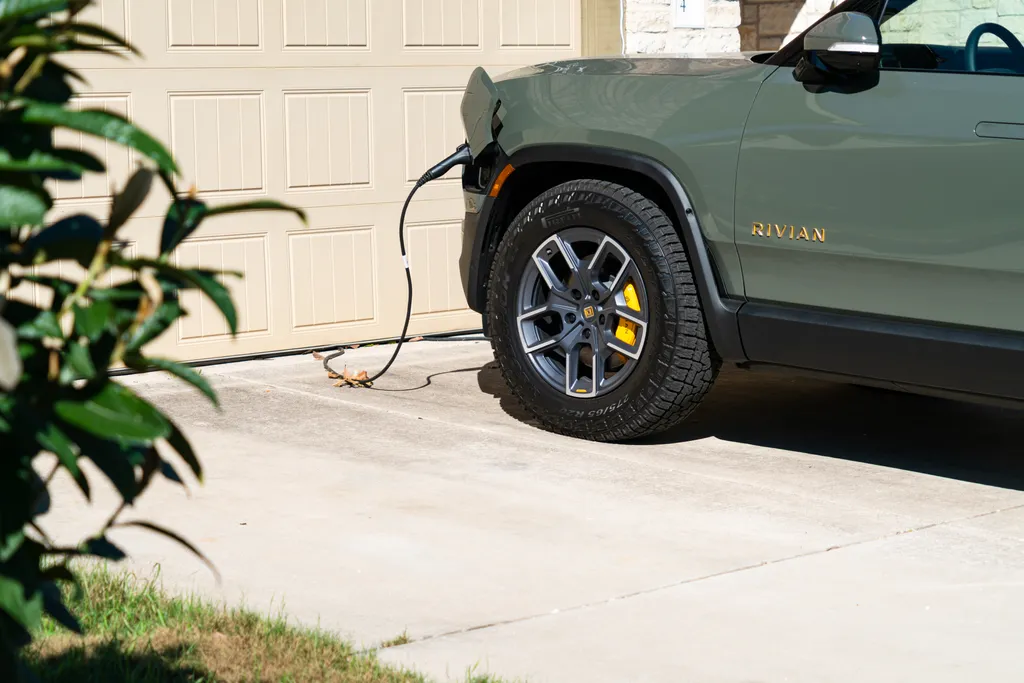 Shutterstock
ShutterstockTax Credits Can Make Buying an EV More Affordable
At the moment, EVs cost far more than Internal Combustion Engine vehicles. However, the federal government offers tax credits that can offset some of the cost of buying a new electric vehicle. The amount of the tax credit offered depends on the make, model and year of the vehicle.
It’s not just pure EVs that are covered by these credits. Plug-in hybrids are covered by the tax credit program too. This, combined with the potential long-term savings in terms of running costs and maintenance, means EVs can be an appealing choice for any motorist looking for a new vehicle in the next couple of years.
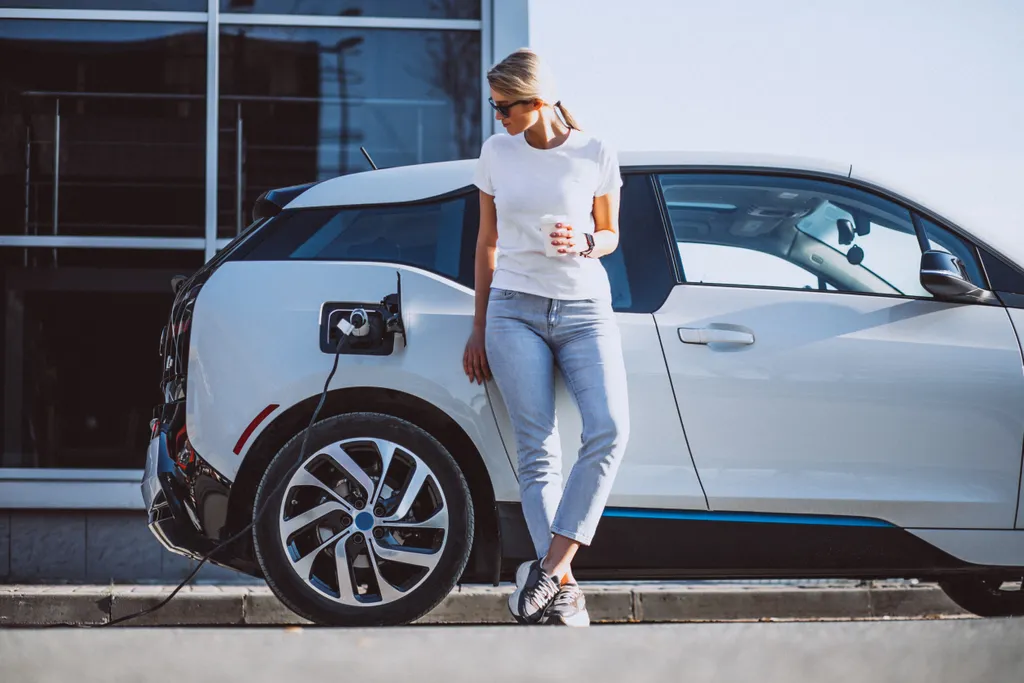 Shutterstock
ShutterstockWhy Choose An Electric Vehicle?
Some people see electric vehicles as status symbols. It’s certainly true that they cost more than traditional cars at the moment, though affordable options are increasing. The extra money gets you a vehicle that’s both greener and cheaper to run and easier to maintain. Electric vehicles also tend to come with lots of extra safety and “comfort” features.
So, if you’re in the market for something with a stylish interior, heated seats, tinted windscreens or fancy parking sensors, you’re likely to find all those features offered on an electric or a hybrid vehicle. If it’s been a while since you’ve bought a new car, the upgrade may feel almost futuristic.
 Shutterstock
ShutterstockElectric Vehicles Are Easier To Maintain
Gasoline and diesel cars need regular oil and filter changes. One common misconception is that electric vehicles don’t use oil. While that’s not strictly true, they don’t need frequent oil changes. They have fewer moving parts, and the oil isn’t exposed to the same dirt and contaminants that oil in ICE vehicles encounters.
This makes owning an electric vehicle relatively low maintenance. All you need to worry about is keeping the battery charged and sticking to the regular service schedule. If you’re not someone who likes to tinker with their car, this hassle-free experience can be appealing and may save you money on garage bills.
 Shutterstock
ShutterstockThe Range of EVs Is Improving
The range of EVs varies dramatically. The Renault Zoe, for example, has a 22kWh battery and a range of 150 miles. Meanwhile, the Tesla Model S 90D has a 90kWh battery and a range of 346 miles. With each generation of EV, manufacturers make improvements in efficiency and range. The technology of the batteries themselves is also improving.
If you’re looking for an EV for your daily commute or for shopping and leisure trips on the weekend, today’s EVs and hybrids are more than likely up to the task. Don’t forget that rapid charging means you can top up the battery while you shop.
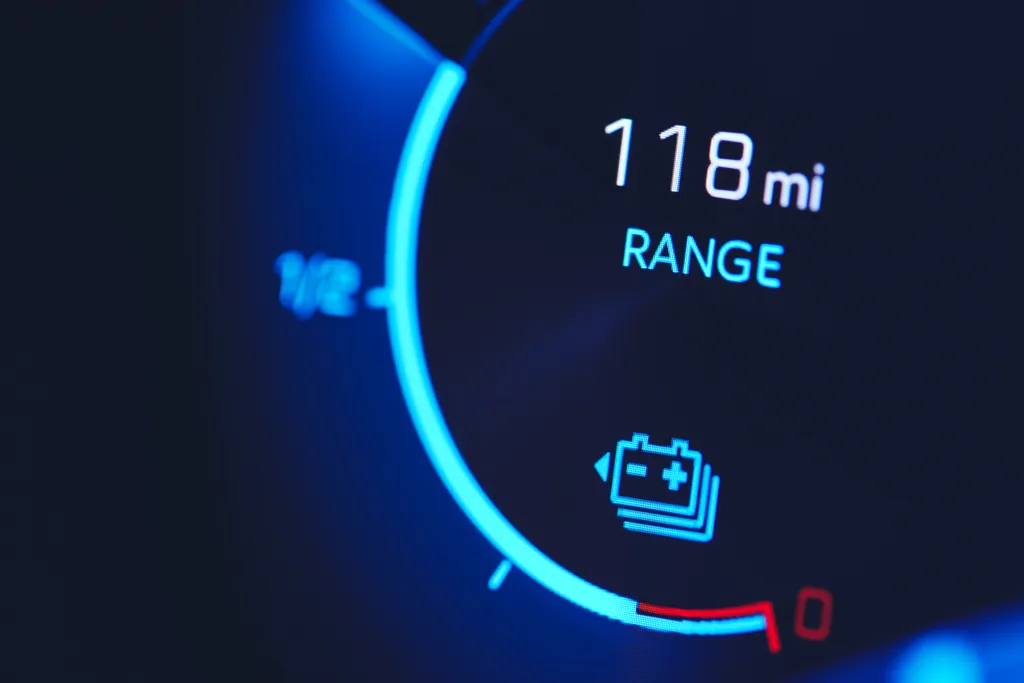 Shutterstock
ShutterstockCharging Costs Can Be Cheaper Than You Think
While electricity costs can vary depending on where you live, the average cost to charge an EV is just 4 cents per mile. This is around one-third of the cost of a similarly sized vehicle that uses gasoline. You can work out how much an EV may save you over its lifespan by using a charging cost calculator. If you commute every day or do a lot of longer leisure trips, you may save $1,000 or more per year by switching from a gasoline vehicle to an electric one, and that’s before the reduced cost of ongoing maintenance is factored in, too.
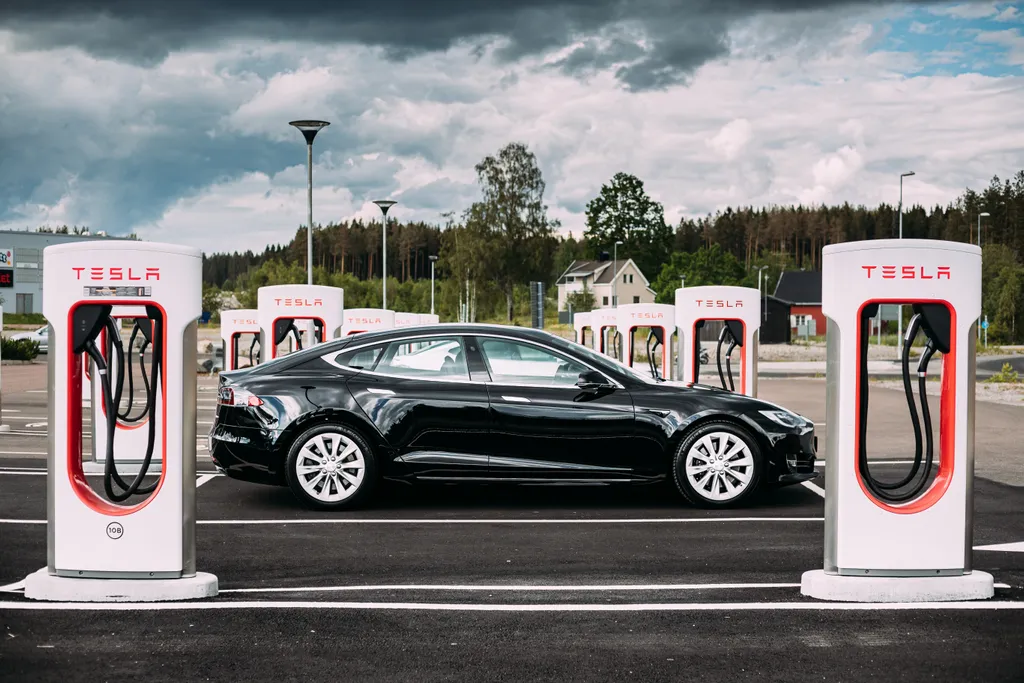 Shutterstock
ShutterstockWhat To Consider When Buying An Electric Vehicle
Buying an electric vehicle is a big decision, so you want to make sure any car you buy is right for your needs. Before you make the purchase, think about where you can charge the vehicle. In addition, make sure charging stations are readily available along your usual routes. For some motorists, a hybrid may be a better medium-term choice than a pure EV.
Another thing to consider is insurance. Because EVs cost more to buy than ICE vehicles, they typically cost more to insure, too. Be careful to factor those fees in when considering the cost of ownership of any vehicle you’re thinking of buying.
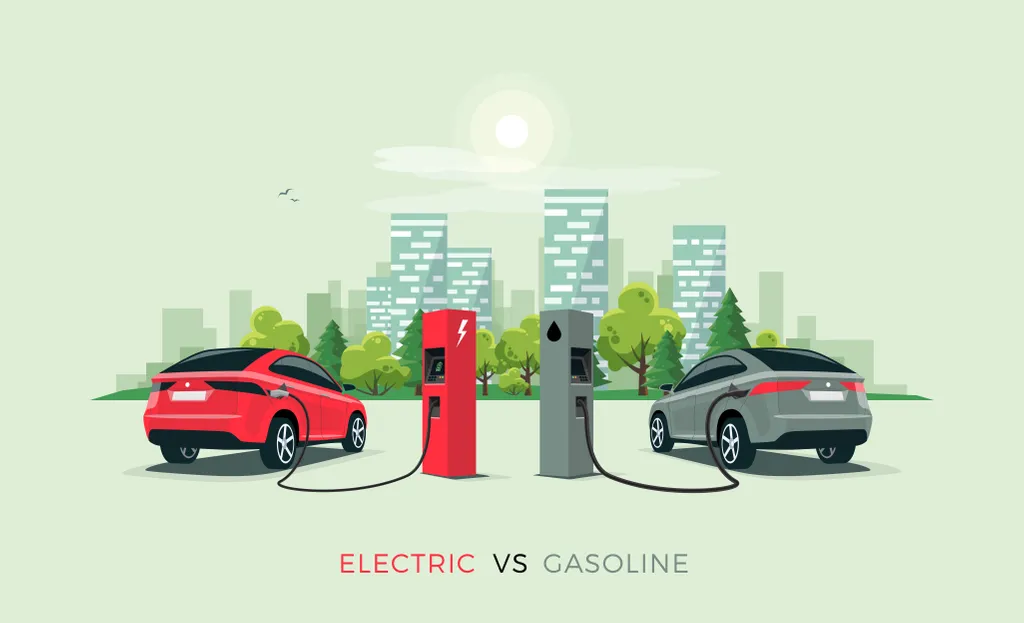 Shutterstock
ShutterstockElectric vs. Hybrid
Plug-in hybrids offer an interesting compromise between gasoline and electric vehicles. They rely on battery power for short trips and use gasoline for longer distances. This means you get the benefit of increased efficiency and lower emissions for the daily school run and can use gasoline for longer highway journeys.
Plug-in hybrids require regular recharging to get their full efficiency. Other types of hybrids harness the energy from braking and use that to gradually recharge the battery. The power from the battery is combined with power from the engine to drive the wheels, increasing fuel economy.
 Shutterstock
ShutterstockThe Cost of Car Insurance
Electric vehicles may cost a lot more than gasoline models to insure. The main reason for the price difference is that EVs cost more to buy and are more costly to repair in the event they suffer damage.
In terms of actual accident risk, however, there’s little difference. Electric vehicles are built to the same safety standards as gasoline vehicles. In fact, if you’re upgrading from an older gasoline car to a new EV, the electric vehicle is likely to have better safety features.
Be sure to get some insurance quotes from different providers before you commit to a purchase. To save money on insurance, consider a black box policy that tracks your driving behavior, or add extra security features.
 Shutterstock
ShutterstockA Car With An App?
Today, many traditional vehicle manufacturers are offering hybrid or electric options. Drivers have the luxury of picking the cars that offer the best extra features. For example, many electric cars have mobile apps that show the status of the battery and its estimated range and provide options for you to turn on the heaters or air conditioning. These apps often include journey planners, so you can map out charging stops for longer journeys.
If you’re coming from an ICE vehicle, an app may sound like nothing more than a fun toy. But once you get used to controlling your car remotely instead of having to go outside to warm it up in the morning, you’re likely to wonder how you ever lived without the luxury.
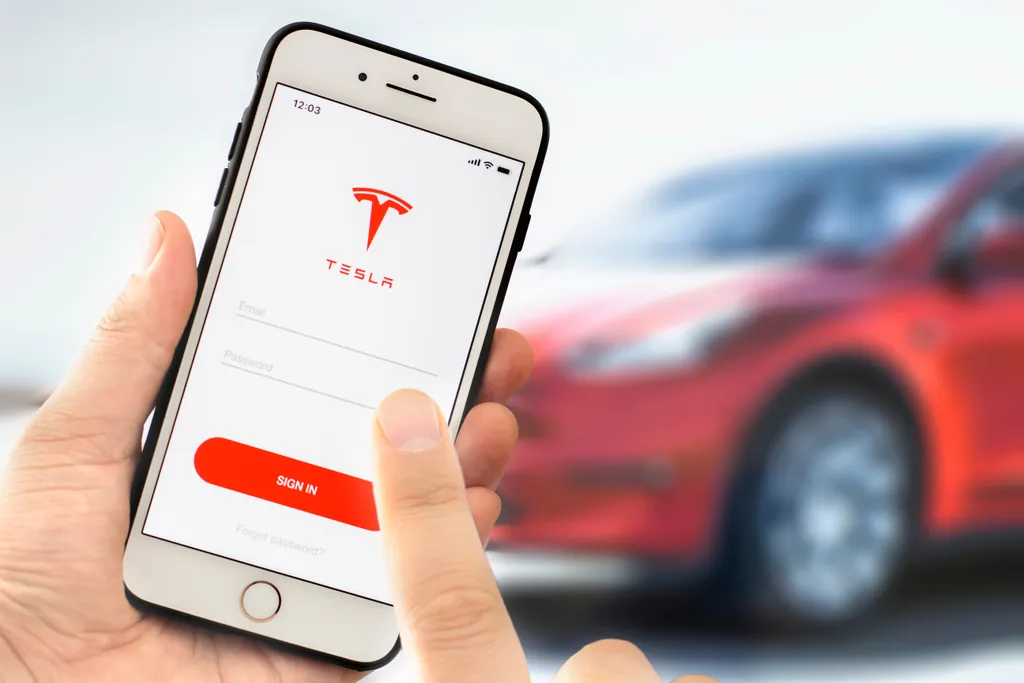 Shutterstock
ShutterstockLease vs. Buy
Buying a new EV isn’t the only option. Leasing can be an attractive choice for someone who likes to switch or upgrade cars every few years. Another option is to buy an EV that’s a couple of years old, so the worst of the depreciation of the car’s value has already occurred.
Chip shortages and supply chain issues mean used cars are holding their value very well at the moment, so be sure to compare used and new prices and work out the total cost of ownership for leasing too, then make a decision based on your own preferences and driving habits.
 Shutterstock
ShutterstockICE Isn’t Dead Yet
The humble gasoline car isn’t dead yet. However, if you’re not someone who drives very long distances or who spends a lot of time in rural areas, there’s a lot to be said for opting for an EV. The technology behind electric vehicles is far more mature now than it was just a couple of years ago, and EVs are better both for the planet and your pocketbook.
So, if you’re ready to buy a new car, or a relatively modern used vehicle, take a look at the EVs currently on the marketplace. With government tax breaks of up to $7,500 available for new purchases, an EV may well be worth your while.
 Shutterstock
Shutterstock